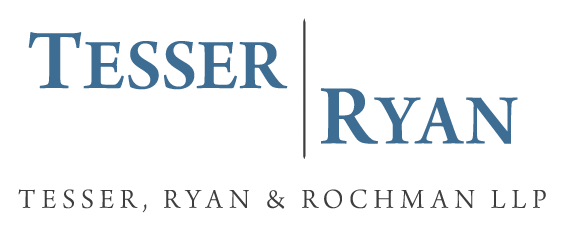Supreme Court Blocks State’s Efforts to Prohibit Waivers of Class Proceedings in Arbitration Agreements
By Lewis Tesser, Partner, and Timothy Nolen, Associate, of Tesser, Ryan & Rochman, LLP
In the future, there may be fewer class actions in our courts. The United States Supreme Court recently struck down a California rule which prohibited waivers of class arbitration procedures in most consumer contracts. The case, AT&T Mobility LLC v. Vincent Concepcion et ux., 131 S.Ct. 1740 (April 27, 2011), involved consumers who signed an agreement with a mobile phone company that contained an arbitration clause. By signing the agreement, the consumers waived their right to engage in class arbitration procedures involving certain disputes with the provider. The consumers then sought to file a class action suit in Federal court, alleging that the arbitration clause was unenforceable. Under California law, the majority of such waivers in consumer contracts were considered unenforceable and unconscionable since the amounts involved were small—discouraging consumers from brining claims—and the corporation had superior bargaining power. Justice Scalia’s opinion rejected the consumers’ position, however, explaining that the Federal Arbitration Act was intended to promote the use of arbitration and ensure that the judiciary enforced private agreements to arbitrate. Justice Scalia noted that although the Federal Arbitration Act would allow for certain arbitration agreements to be declared unenforceable, it was not intended to preserve state laws that were an obstacle of the Federal Arbitration Act’s goals of promoting efficiency, informal and timely resolution of conflicts, and freedom of contract. Since the California rule would frustrate the Federal Arbitration Act, the California rule was displaced.
Will this decision have a major impact on employment law? We’ll keep you posted.
